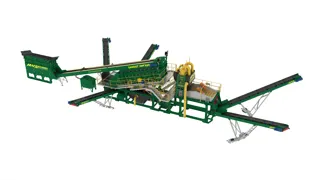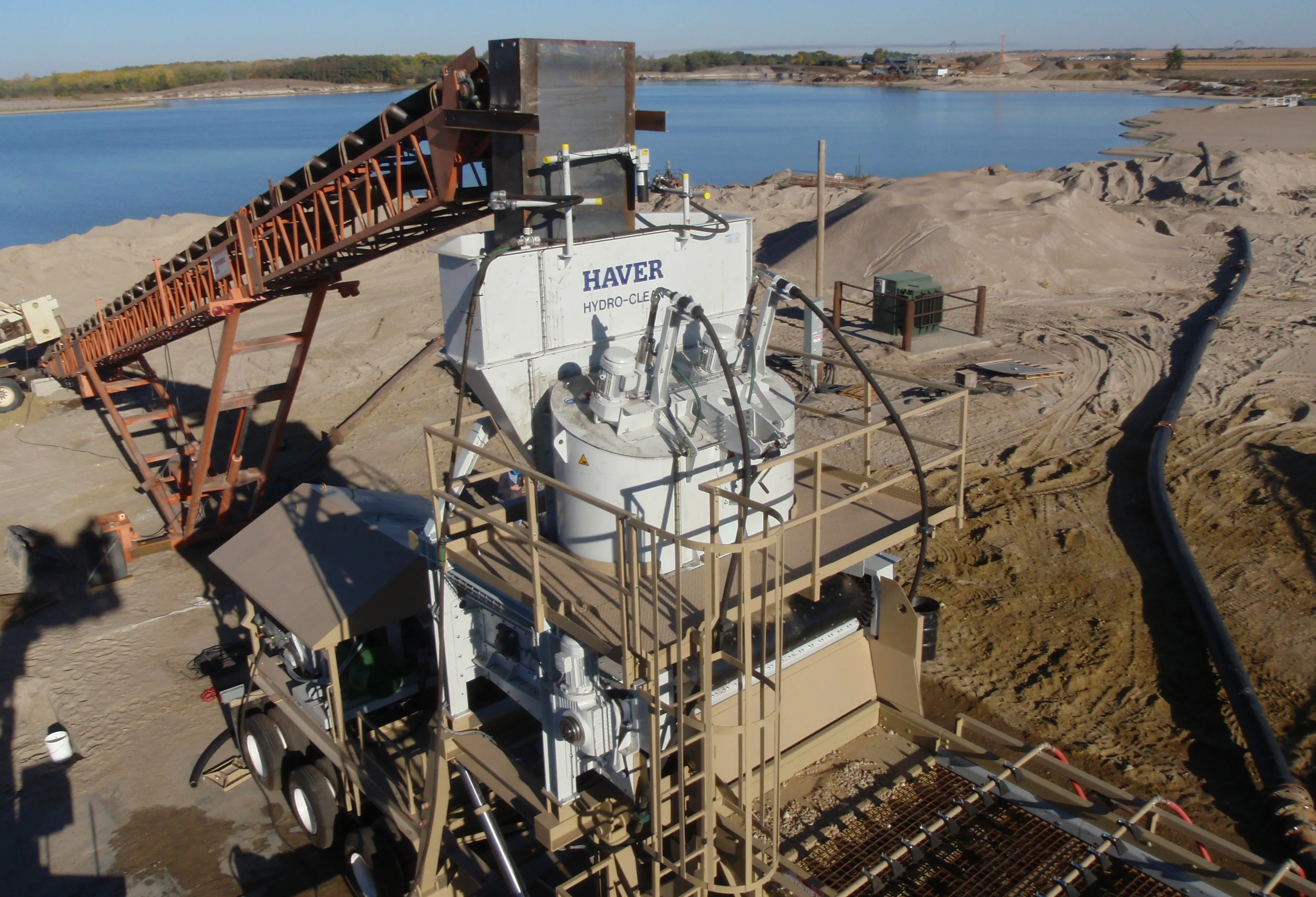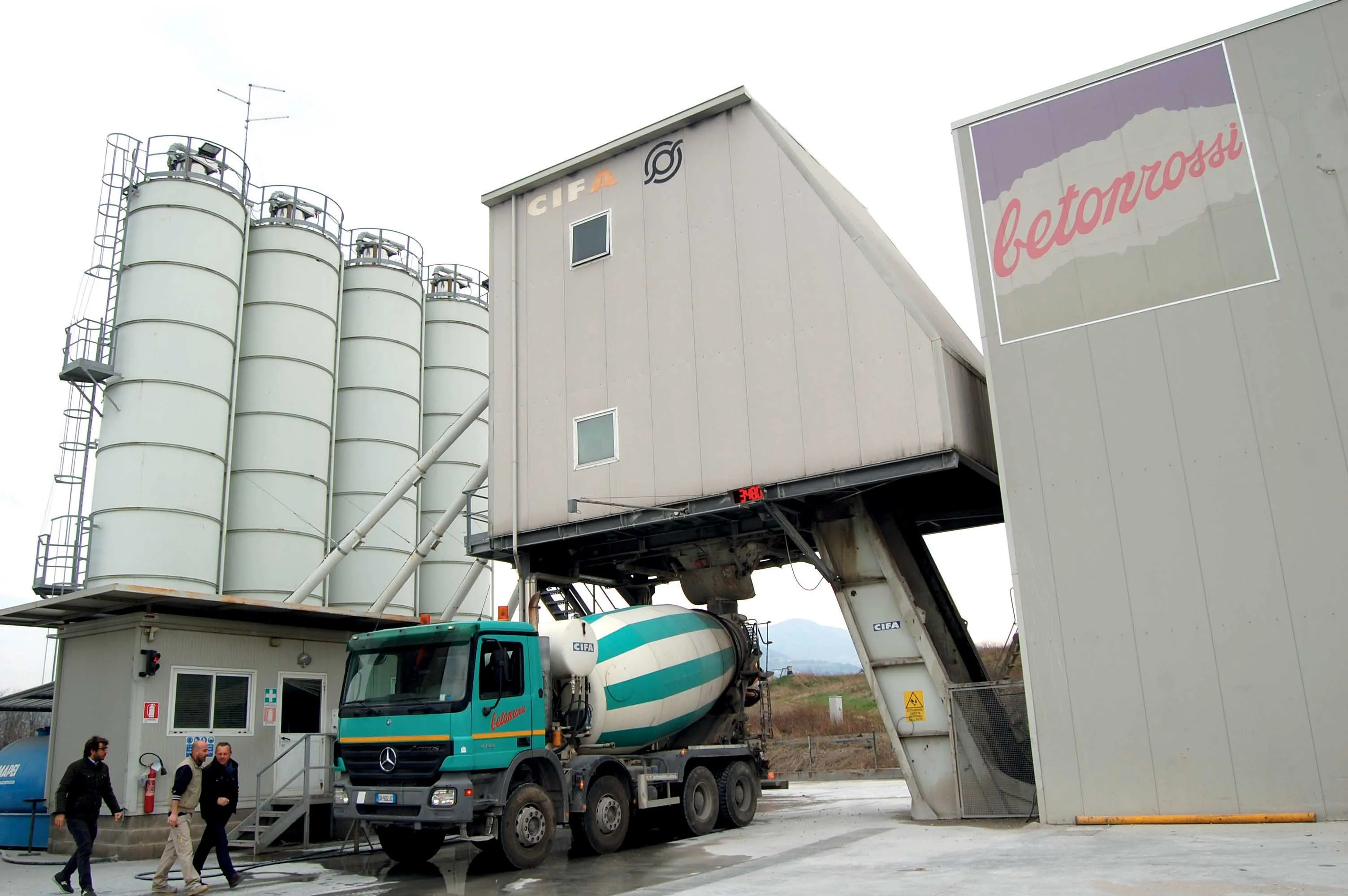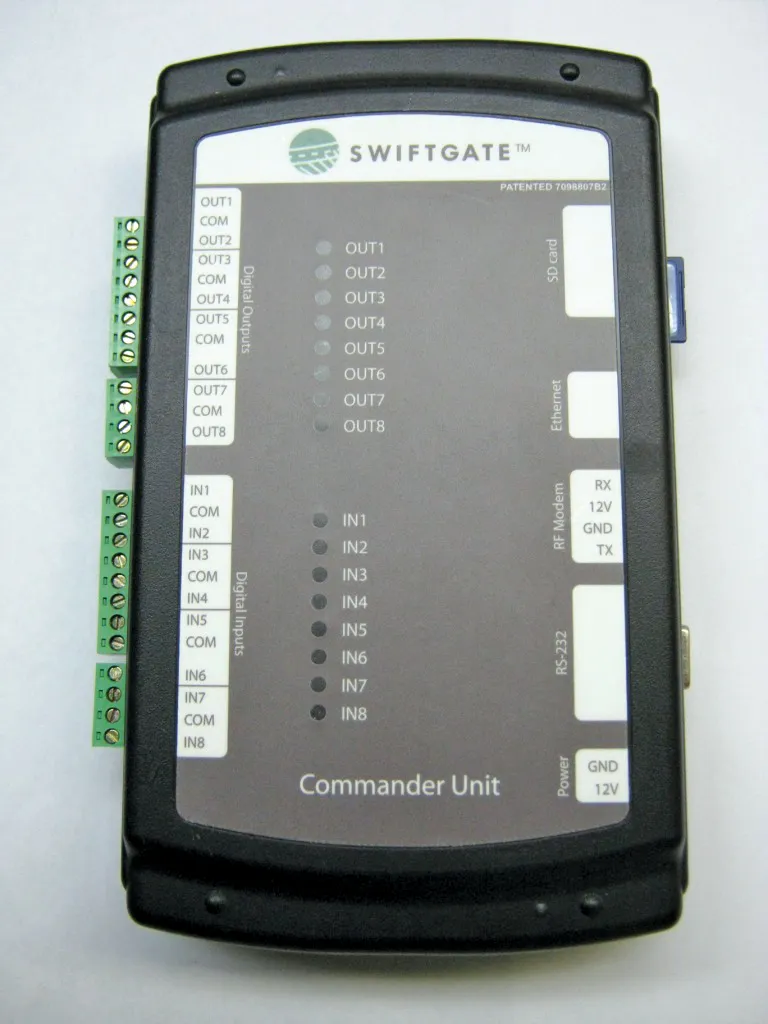
Washing equipment specialist,
There is said to be good access all around the machine for ease of operation and safe maintenance. It is coupled with unrivalled quality in every aspect of design and build, which make this range of equipment a market leader from the outset.
The three model SandStorm range includes the 516, 620 and 824 variants and can efficiently process feeds up to 550tonnes/hour, delivering up to four grades of aggregate and two grades of classified sand.
An exciting addition to the SandStorm family is the new S-Line range, where all of the benefits of the modular plant are combined with the McCloskey tried and tested range of Sand Screws. The S-Line range provides a highly productive, yet cost effective option for the North American sand washing market.
Meanwhile the new McCloskey Washing Systems AggStorm Range is designed to operate as a stand-alone unit or to easily integrate with the SandStorm range of wash plants. The AggStorm is suited to manage various types of clay-bound material where more aggressive scrubbing and washing is required than simple screening alone.
Equally, at home in natural sand and gravel applications, the AggStorm is suited to the C&D recycling market. This is due to impressive wear characteristics and the ability to scrub aggregates aggressively and remove, through floatation, all clays and silts, along with any light debris such as wood and plastics.
Aimed at increasing demand for highly productive, safe and cost effective alternatives to managing silt and recovering water through tailings ponds or lagoons, the new MWS modular plants are said to be highly efficient. The firm’s full range of MWS Modular Water Treatment and Management Plants including high-rate thickeners, deep-cone thickeners, automatic flocculent dosing stations and a complete line of recessed plate filter presses.
The firm has developed a modular approach to the development of this range, which allows operators to start small and build up to a full closed-loop system as budgets dictate. Offering a choice of thickener to recover up to 80% of processed water. Full filter press systems can be incorporated at a later stage to produce easily manageable dry silt cakes removing the need for any form of pond or lagoon altogether, resulting in a safer and much more cost effective operation. This has the added advantage of achieving up to 95% water recovery.









